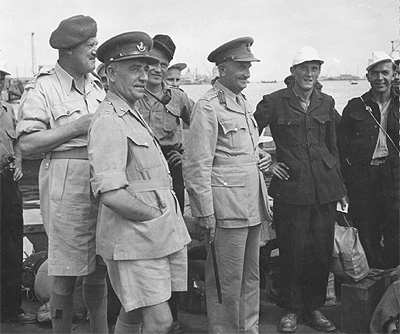Lt. Col Arthur Walter Shirley, started his military career on the 2nd March 1916 when he enlisted with the 2/1 Queen’s Own Oxfordshire Hussars (Yeoman). Beginning his military life as a Private, he soon rose in rank to Corporal and L.Sgt. In 1920 was commissioned – 4th Btn Oxs & Bucks Infabtry, rising to the rank of 2nd Lt in 1927 and Lt. in 1930, At the beginning of 1932 he became Captain and by the end of 1936 had risen to the rank of Major. As Camp Commandant of the 48th Division he embarked to France in January 1940. In 1941 name was changed to 1st Btn Oxs & Bucks LI. After Dunkirk he was the Officer Commanding at the Primary Training Centre. In 1943 he was off to Algers attached to No. 1 ITD Middle East Forces and by the end of the year was Officer Commanding Troops at Haifa, Egypt. From there he moved to Camp Commandant of the Italian Civil Internee Camp, Fayid, and finally, when all the POW Camps were amalgamated into the 380 POW Camp, in 1944 he became Camp Commandant there.
Patrick O’Connor was Staff Captain at GHQ and was temporary assigned to be in charge of the Repatriation Wing of the Camp, after the Major who was normally in command had been rushed into hospital. He remembers Lt. Col Shirley as a charming, artistic, kind and sympathetic gentleman. He had scores of letters from past prisoners thanking him for his kindness which are now deposited at the National Archives. Suicides at the Camp had been quite a problem for some time, and it was Shirley who started the sporting activities to help with morale. Sporting activities were arranged with matches against other Army and RAF teams. They also had their own beach by the Bitter Lake.
Life in the camp was rather boring for the prisoners but they could move outside the camp as where could they go? There was barbed wire around the camp but that was to stop the thieving Arabs from getting in, not the POW’s from getting out. German soldiers with wooden clubs patrolled the perimeter of the camp, especially at night, and called for the On Duty British guard if necessary. Most of the POW’s worked on various projects throughout the Canal Zone and were paid a small wage for doing so. This was topped up with the sale of hand-made goods they were able to produce and either sell or exchange for cigarettes with the British troops.
They had a fine orchestra with many ex-members of the Berlin Philharmonic and the mess food was out of this world as the Head Cook was supposedly (and I could believe this!) the Chef in the transatlantic liner, the Bremen.
The camp was completely run by the Germans with only a few British there – except in the transport section.
In the Repatriation Wing, I and a Senior NCO were the only British personnel. A Major-General reported to me every morning, and I went on a tour of inspection with him. All the administration staff were German, and mostly officers. – there were about 10 Captains and Majors typing the ships manifests and other documents.
I was only there for six weeks during May-June 1947 but I visited the staff until I left Egypt in December of that year. I was later given a special commendation for administratiing the camp so smoothly during my 6 weeks, but quite frankly, I did nothing – the Germans ran it all! I believe about 1500 stayed in the Canal Zone when repatriation was completed
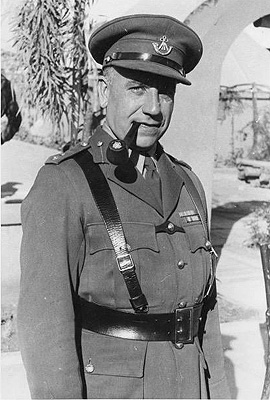 |
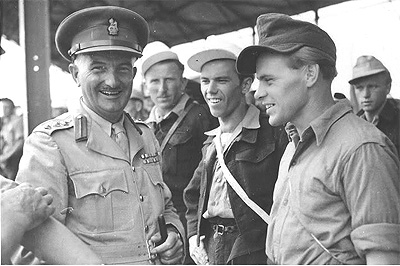 |
|
| 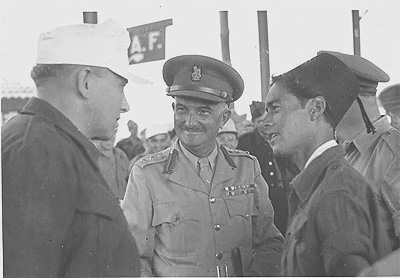 |
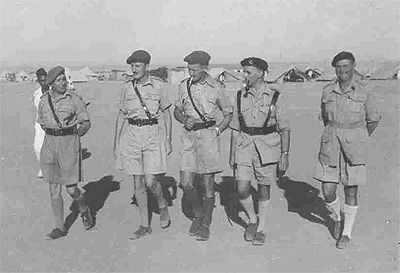 | 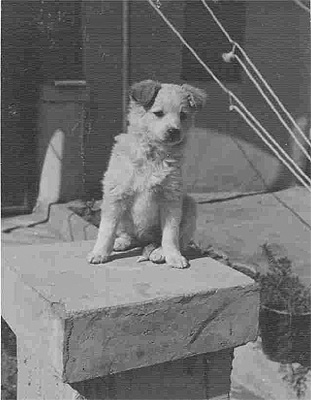 |
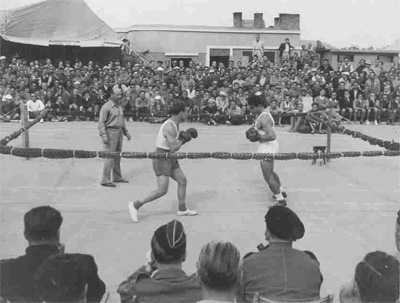 | 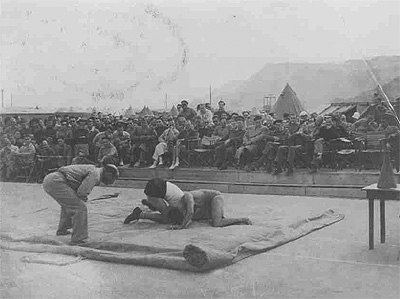 |
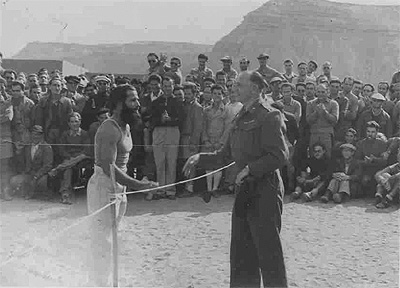 | 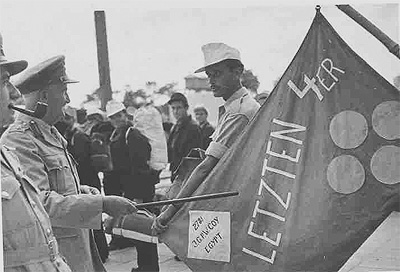 |
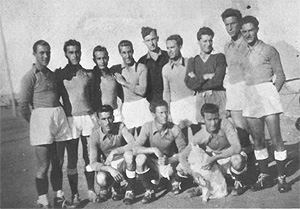 | 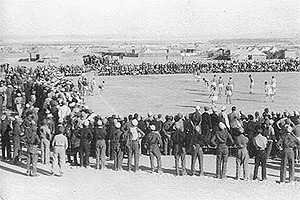 |
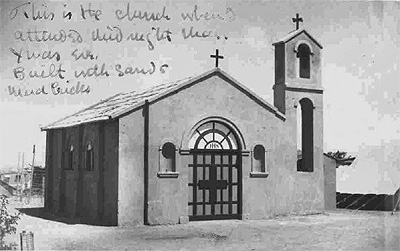 | 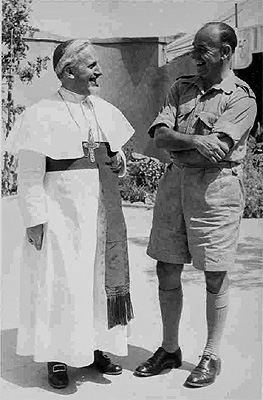 |
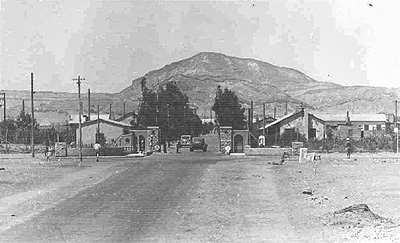 | 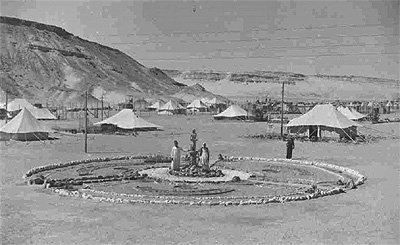 |
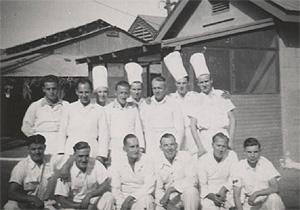 | 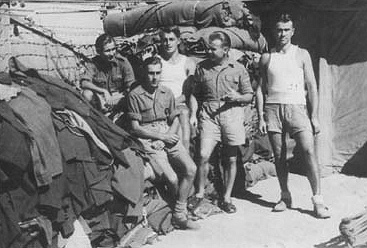 |
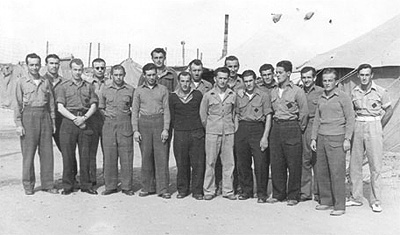 | |
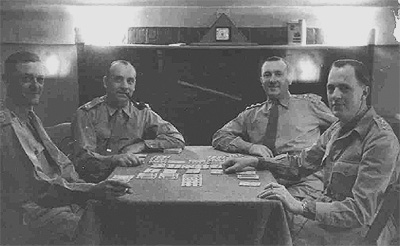 |
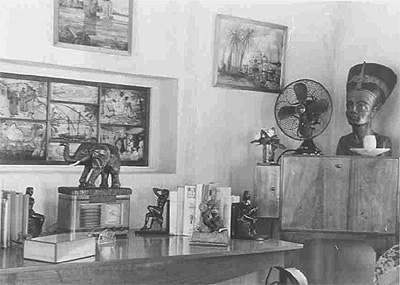 |
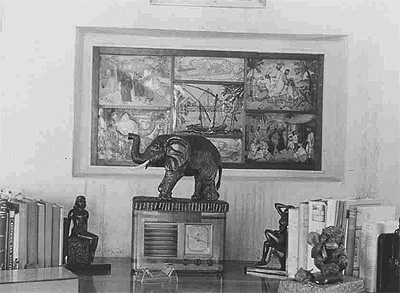 |
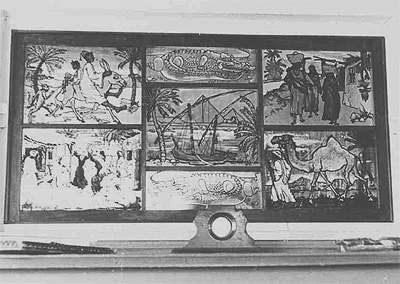 |
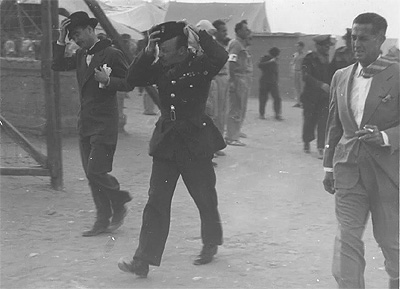 |
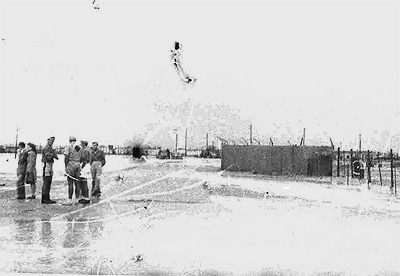 |
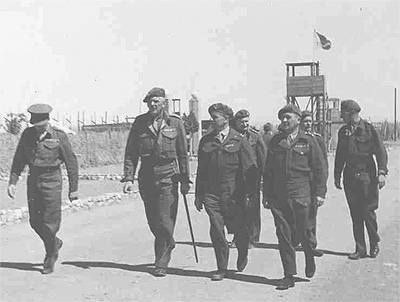 |
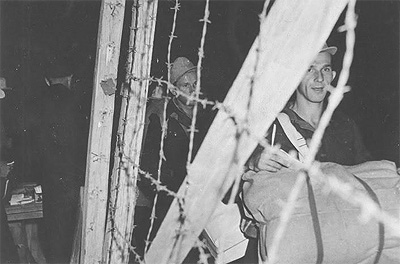 |
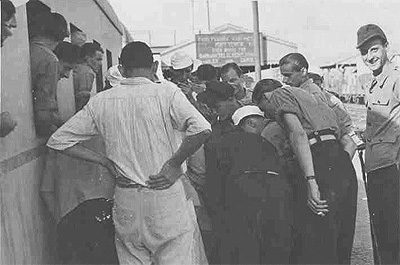 |
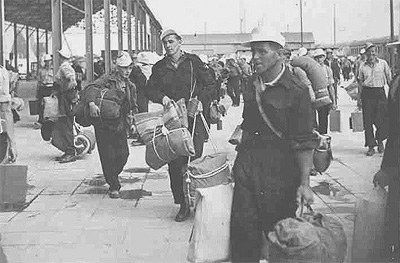 |
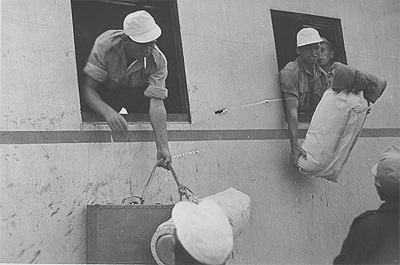 |
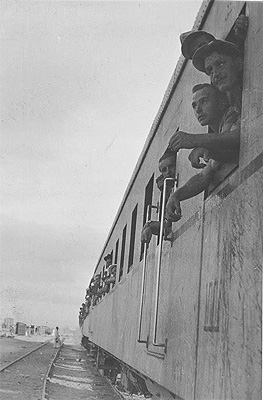 |
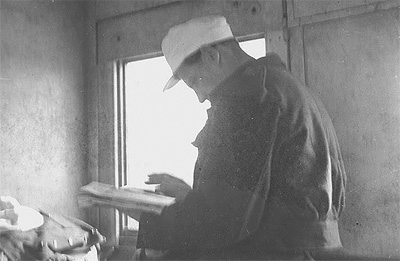 | 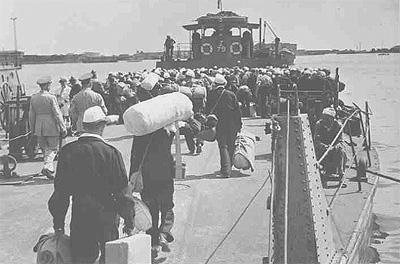 |
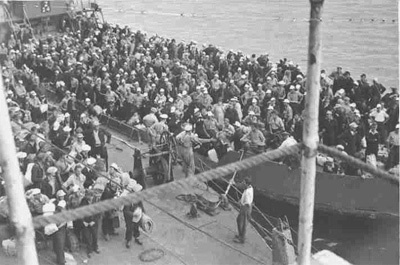 | 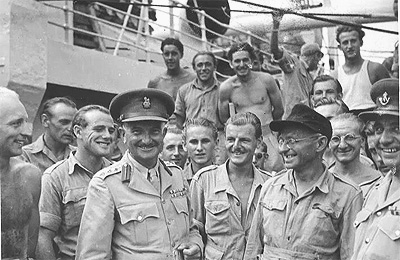 |
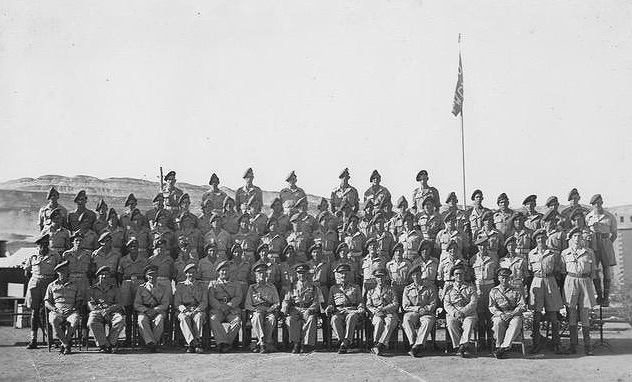 | |
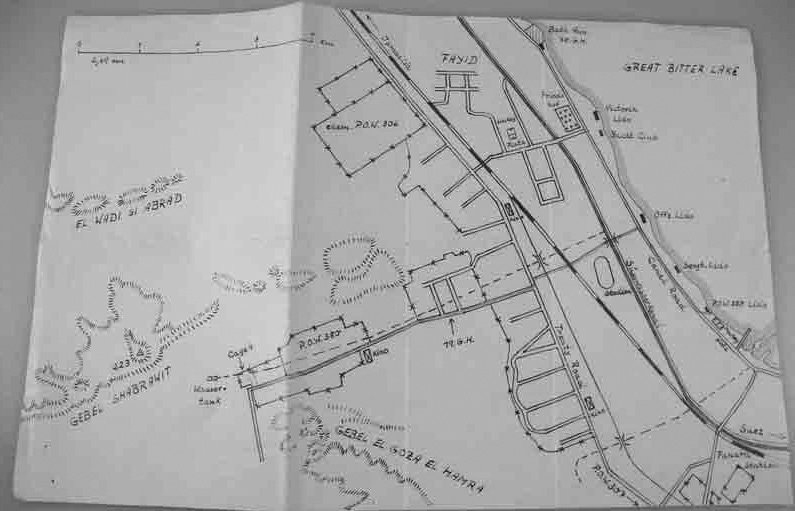 | |
